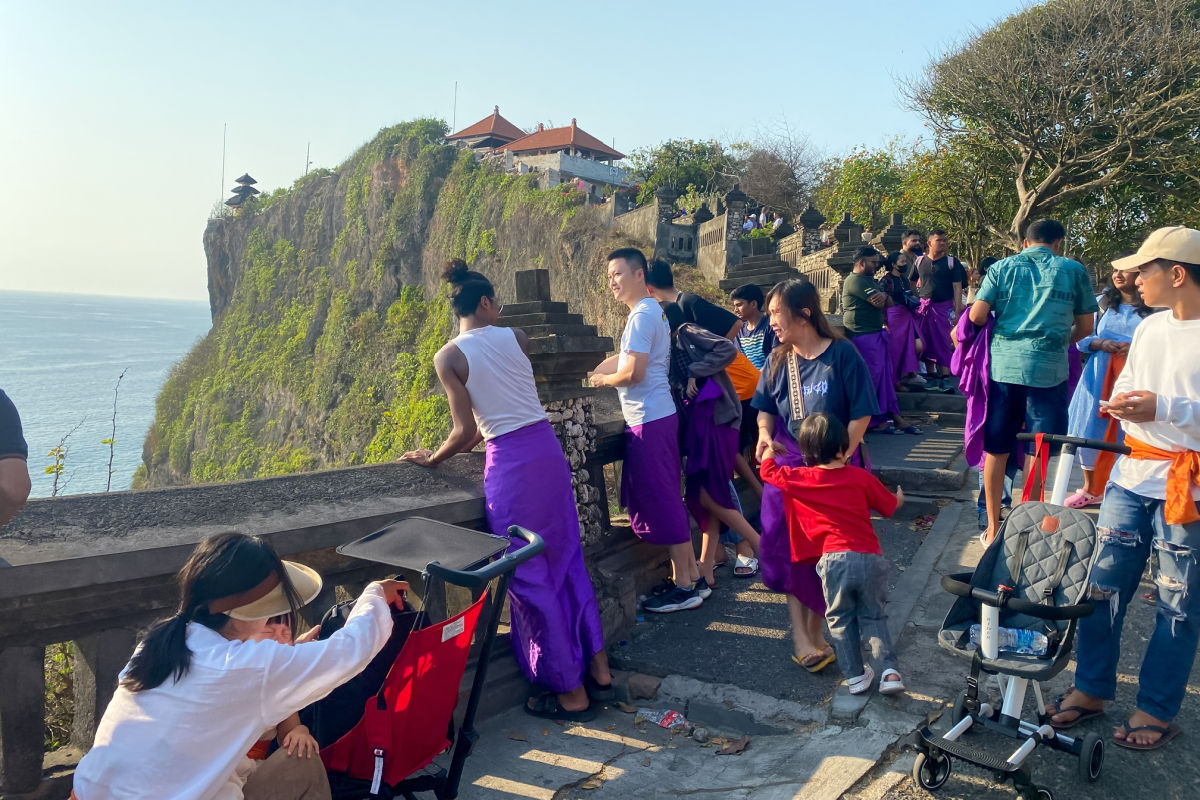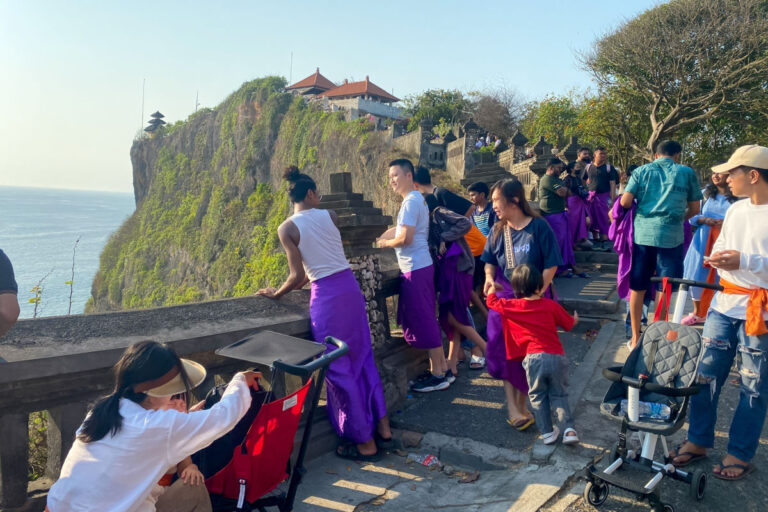Share this article
Tourism bosses on the island are backing the idea of imposing sanctions on tourists who fail or refuse to pay the Bali Tourist Tax.
The mandatory fee came into force in February, but only 40% of eligible visitors have paid the fee.


Ida Bagus Agung Parta Adnyana, president of the Indonesian Tourism Industry Association (GIPI) Bali, told reporters that sanctions could be imposed if the tax system was clear and transparent.
“Yes, sanctions are needed. If there are sanctions, that will be good,” Ida Bagus Agung Parta Adnyana told reporters.
“In fact, go ahead and [define] “What is the model? For example, if they don’t pay, what are their rights and obligations? The key is to first level the collection system and then talk about its use.”
Creating an efficiently functioning system is perhaps the biggest hurdle facing the Bali Provincial Government and Bali Tourism Board at the moment.
To fairly punish tourists who truly fail or refuse to pay the Bali Tourist Tax, authorities must be able to put in place a system where payments are understandable, clearly communicated and fairly administered.
Adunyana supports the idea of imposing sanctions and fines on tourists who don’t pay the tax, but urges the government to simply integrate the tax into existing policies so that tourists don’t feel the burden of increased costs or have to go out of their way to pay them.
Adnana said, “My [other] My suggestion is to stick with the PHR (Hotel and Restaurant Tax). It’s good that it’s invisible, for example, the extra 2-3 percent that you don’t see or feel when you pay.”
Adnyana echoed the views of I Gusti Ngurah Rai Suryawijaya, vice president of Bali Tourism Association Badung, who spoke to reporters this week about the possibility of raising Bali’s tourism tax and introducing sanctions for non-payers.
Suryawijaya also felt that sanctions against those who do not pay the tourist tax were an appropriate measure, but acknowledged that research was needed before any changes were made.
“So far, the tax has not been implemented to the fullest extent. There is also a need to improve and review multi-stakeholder cooperation before imposing sanctions,” he told reporters.
He hopes the system will be better communicated to tourists and make it easier for them to pay before they arrive.


However, Suryawijaya spoke out against political leaders keen to increase Bali’s tourist tax from 150,000 rupiah (US$10) to 800,000 rupiah (US$50) per person.
“If we use $50, it will be very expensive and we will become less competitive with other Asian countries. We have to be careful,” he told reporters.
“Let’s not forget about reviving the national economy. That’s what we need, and it’s not just about luxury. For me, Bali is a luxury yet affordable destination.”


His warning has been borne out: Competing destinations like Thailand have made it easier and more affordable for tourists to go on holiday.
Thailand has increased the number of countries eligible for visa-on-arrival to more than 90 and extended the length of stay for tourist visa-on-arrival to 60 days. Thailand has also backed off plans to impose a tourist tax.


Currently, tourists who want to visit Indonesia on a tourist visa on arrival must pay IDR 500,000 for a 30-day stay, but this visa can be extended once for an additional fee.
Tourists visiting Bali province are required to pay a Bali Tourism Tax of IDR 150,000.

